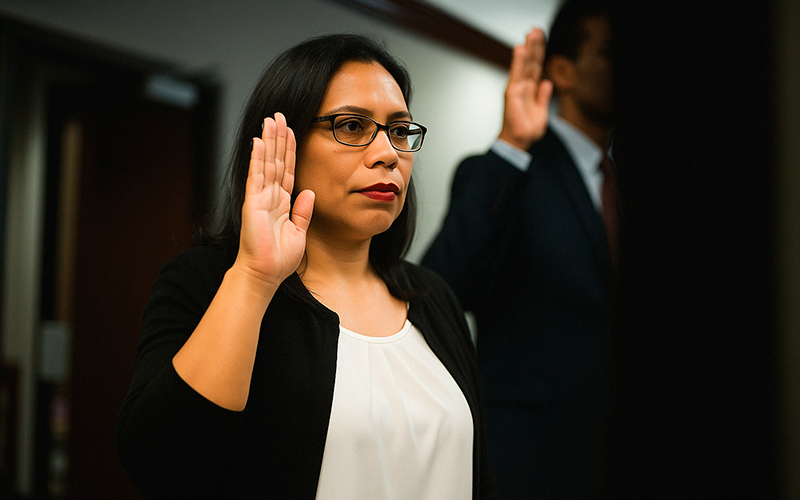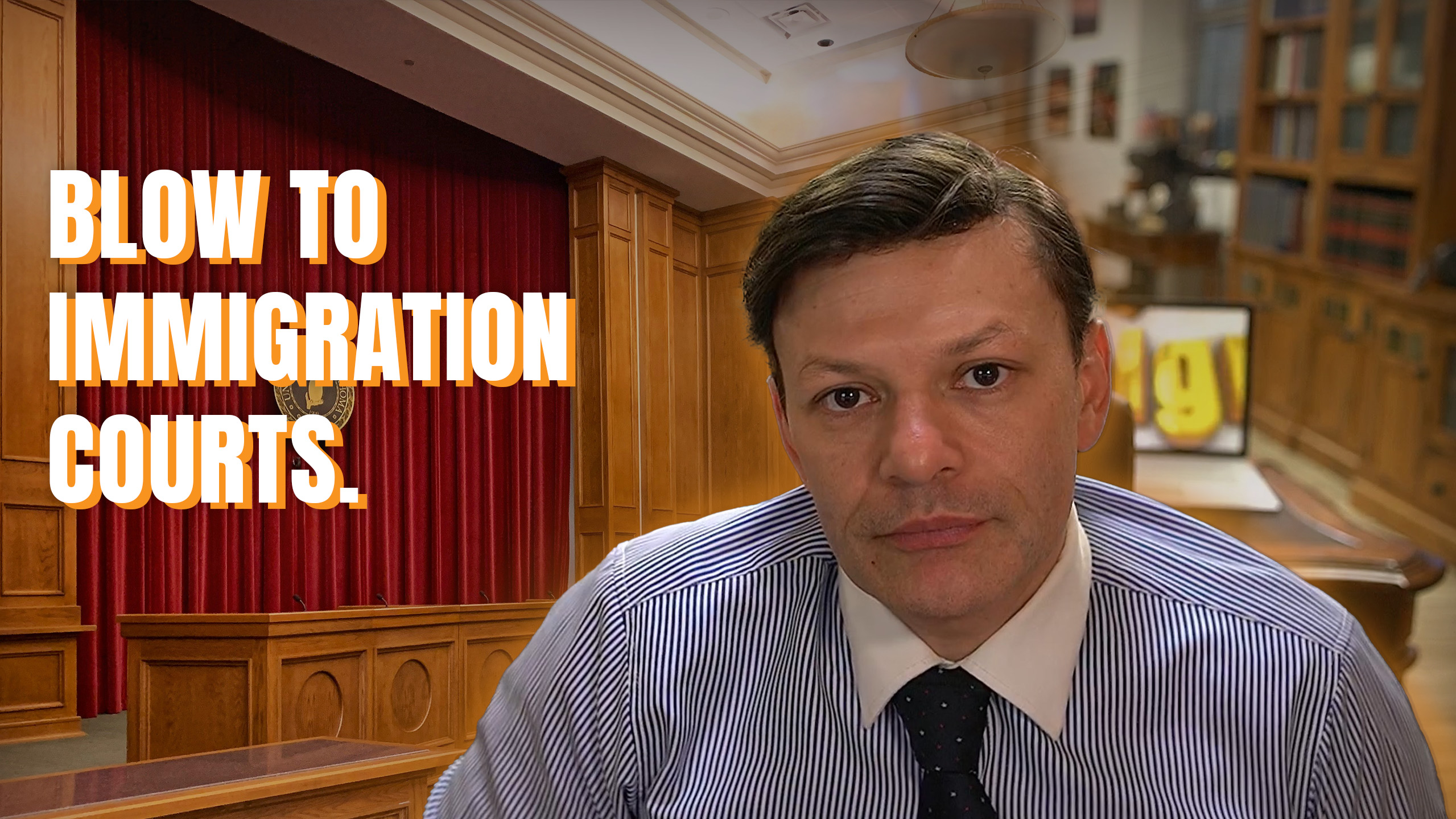When can citizens lose their U.S. Citizenship?
In different ways, born citizens and naturalized citizens can lose their US citizenship. At Quiroga Law Office, PLLC, we will tell you what they are.
Although it is not something very usual, and there are even those who think that citizenship cannot be lost, it is a reality of which you should be aware.
Generally speaking, a citizen can lose his American status if he voluntarily performs certain actions. These are determined by the United States Code, which lists seven reasons how citizenship can be lost:
- Voluntarily applying for citizenship to another country after turning 18 years old.
- Take an oath of allegiance to a foreign state after the age of 18.
- Serve in the armed forces of a foreign state engaged in hostilities with the United States or serve as an officer or non-commissioned officer.
- Accept, serve, or perform duties of a position in a foreign government if you have the nationality of that country.
- Formally renounce citizenship to a diplomatic official (if abroad).
- Formally renounce citizenship in writing to the US government.
- Committing an act of conspiracy, treason, attempting to overthrow, suffocate or destroy the government, levy war arms against the United States, and be found guilty of any of those crimes.
Additionally, for naturalized citizens, if the government discovers any type of lie or fraud in the naturalization process, their nationality will be withdrawn.
Also read: What is a naturalized citizen?
What happens if you renounce your American citizenship?
Renouncing American citizenship, also known as relinquishment, is a process by which the citizen decides that no longer wants to be an American citizen anymore.
It is not a usual process, but it is considered and permitted by the United States Immigration and Nationality Act (INA).
Citizens may voluntarily renounce their citizenship, but by doing so, but also all their rights, freedoms, and privileges.
The right to vote, to have protection from the State and the nationality of children born abroad are just some of the things to which access is lost by renouncing citizenship.
From that moment, the person must apply for a visa to enter the United States. If the person does not have a second nationality, he/she automatically become stateless and will not be protected by any country.
To keep in mind
Renouncing citizenship will not prevent a person from being prosecuted for having previously committed crimes in the United States.
Besides, the person will continue with her financial obligations, as well as the payment of taxes for ten more years.
Renunciation of citizenship is final, and this act can rarely be reversed. Also, it is an extensive process that involves paperwork, interviews, and money. For this reason, it is best to consult a professional before making the decision.
At Quiroga Law Office, PLLC, we are willing to help. We can advise you about the immigration procedures that you and your family need.
Do not hesitate to contact us. Our team of lawyers will take care of your case and will be with you throughout the process.
Request a consultation or call us, (509) 498-3485.



